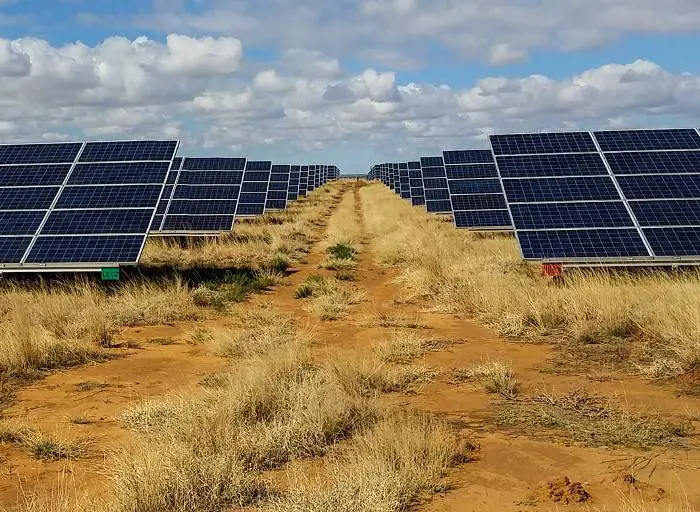More than a half billion people live without electricity in Sub-Saharan Africa, the region tails renewable energy policies, with no deliberate move to encourage sustainable energy, according to a new World Bank report.
A larger extent of the rest of the world, nonetheless, has made steps toward making energy widely available, developing renewable power sources and efficiency, the inaugural Regulatory Indicators for Sustainable Energy report said.
Also read:How off-grid renewable energy can power Tanzania
In an assessment of 111 countries, the World Bank found that through 2015 almost 80 percent had started to adopt policies to develop electrical grids, linking them to solar and wind generation, and to aid make electric utilities creditworthy and fiscally feasible while keeping energy prices down.
More than a third of the nations are home to 96 percent of the worldwide population, were at a higher stage and advancement was not limited to wealthy nations.
Also read:Renewable energy firm Eco Experts ranks Kenya as least toxic
Kenya, Tanzania and Uganda outdid their peers in access to energy, while Pakistan made steps forward on renewable energy, and Vietnam had developed strategies on energy efficiency.
Yet the report showed “on the whole that African nations are doing badly on the policy environment for energy access,” said Vivien Foster, the World Bank’s global lead for energy economics.
“As many as 40 percent of them are in the red zone, meaning they’ve hardly started to take strategy measures to speed up access to energy.”
There were vivid spots on the African continent, such as South Africa, Tunisia and Morocco, she noted.
UN member states in 2015 accepted a set of sustainable development goals to reach by 2030, including an assurance of cheap, reliable, sustainable and modern energy for all citizens.
The report, which will be updated every two years, said local authorities should use its findings to evaluate their policies to regional and global peers in a bid to meet the development goals.
Riccardo Puliti, head of the bank’s energy and extractives global practice, told reporters the global lender presently had a US $1.6 billion portfolio to support energy access that was mostly focused in Asia and Latin America.
“But we are moving very sturdily in Africa as well,” he said.
For the present financial year the bank had US $260 million in new projects for off-grid power generation, in nations including Kenya, Rwanda, Niger and Zambia, he said.


